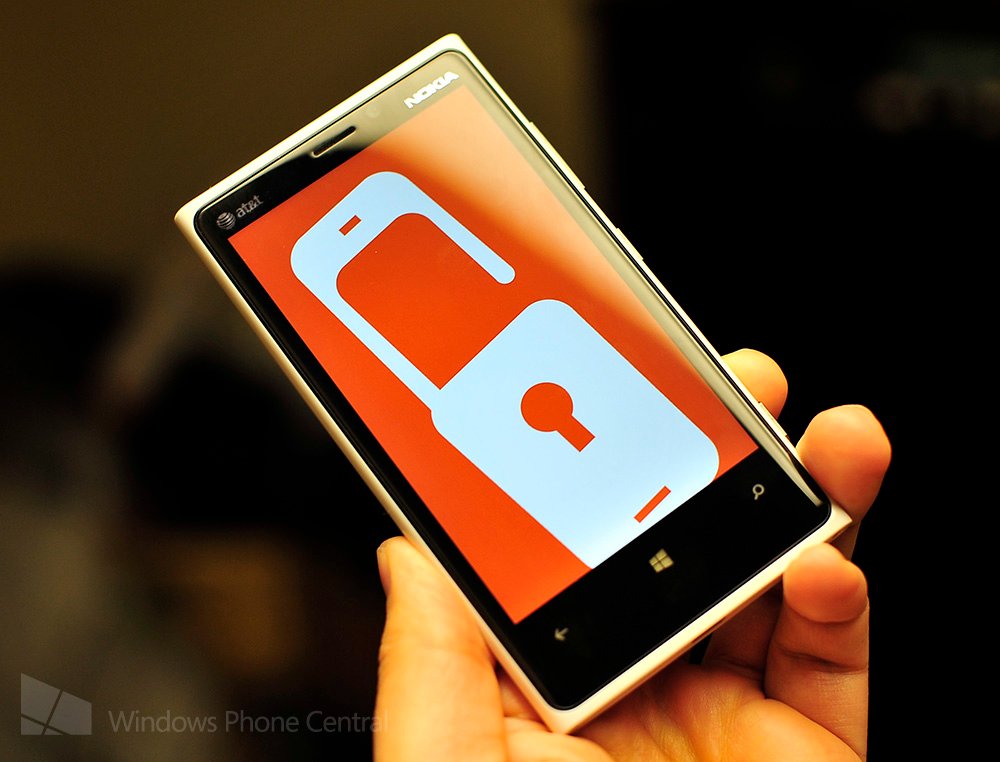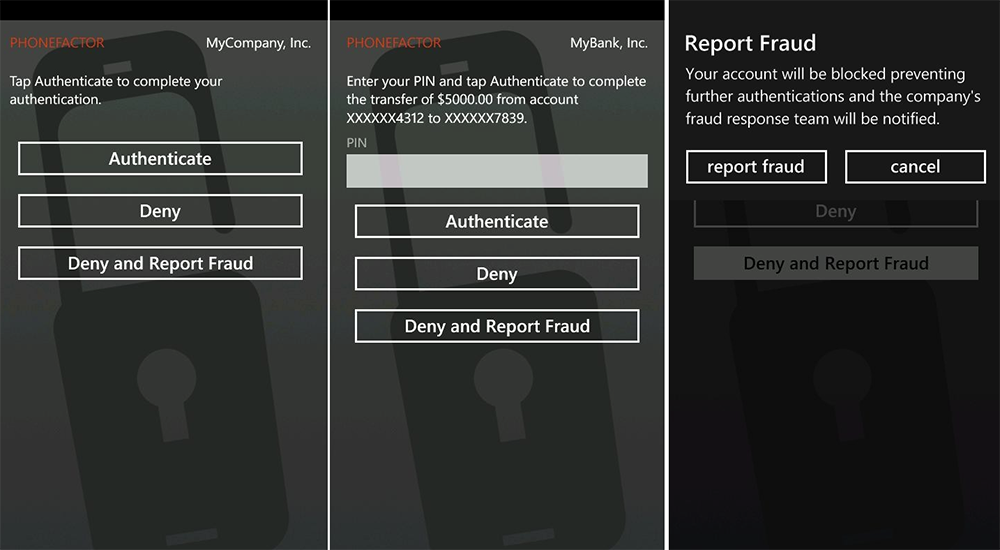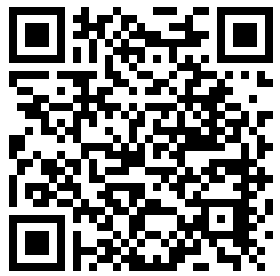Microsoft’s PhoneFactor enterprise authentication system gets a Windows Phone app

Just two months after Microsoft bought up PhoneFactor to help bolster their enterprise security features, the company has released an official Windows Phone app that is on the Store now.
Simply called PhoneFactor, the app is rather modest in features but that’s a good thing as its job is rather to the point: to receive and manage authentication notifications sent to your phone...

PhoneFactor is a two-step authentication system set up for companies to secure various assets, including VPNs, Active Directory, Azure, Office 365 or any other applications for email, cloud or financial properties. When a login is attempted on an account, a push notification is sent to the phone whereby you can respond with a single tap to verify the action or hit ‘Deny’. If the deed is rejected, this will then set off an anti-fraud chain reaction, alerting your company to the compromised account, preventing potential data theft or illicit financial transactions.
Although Microsoft has only recently purchased the company, it will be interesting to see how they pivot this acquisition within the rest of their enterprise software i.e. if they will keep it separate or look for a deeper, native integration in future products.
For those who work for companies that use PhoneFactor or if you’re a small business owner yourself, you can learn more about the company and their services at their site: www.phonefactor.com. Otherwise, you can pick up the Windows Phone 8 app here in the Store to get started.

Get the Windows Central Newsletter
All the latest news, reviews, and guides for Windows and Xbox diehards.

Daniel Rubino is the Editor-in-chief of Windows Central. He is also the head reviewer, podcast co-host, and analyst. He has been covering Microsoft since 2007 when this site was called WMExperts (and later Windows Phone Central). His interests include Windows, laptops, next-gen computing, and wearable tech. He has reviewed laptops for over 10 years and is particularly fond of 2-in-1 convertibles, Arm64 processors, new form factors, and thin-and-light PCs. Before all this tech stuff, he worked on a Ph.D. in linguistics, performed polysomnographs in NYC, and was a motion-picture operator for 17 years.
